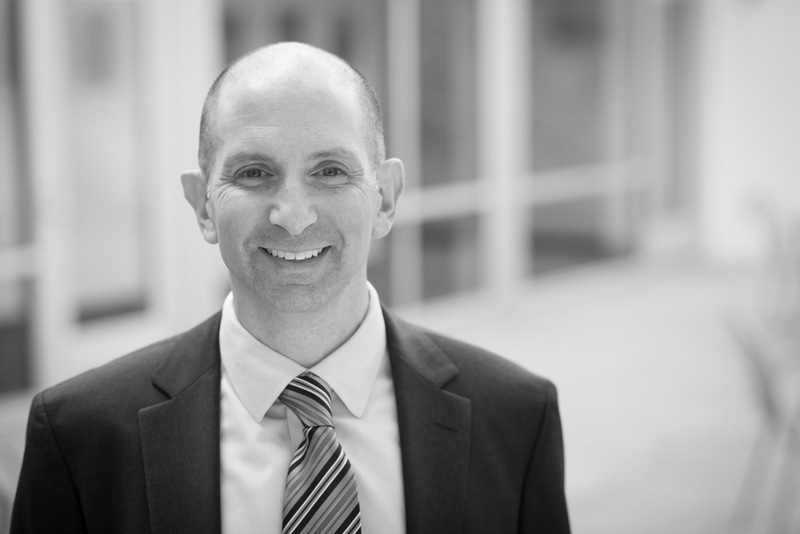Will Berkovitz originally delivered a version of these remarks as a keynote speaker at the 2014 University of Washington MLK Day of Service.
The tradition tells of a blind man walking a dark road late one night holding a blazing torch. A rabbi coming from the other direction recognizes the man as he approaches and asks, “Why do you need a torch? It isn’t going to help you see in the dark.”
The blind man replies, “The light isn’t to help me see. It is so you will see me and help me find my way.”
We all have torches we carry — some to help us see and others to help us be seen. Despite the fact that our cities produce so much light that the heavens are obscured nightly, far too many of us suffer alone in darkness. The darkness brought on by the various forms of poverty is as viral as a plague.
Almost a half century ago, President Lyndon Johnson wanted to understand the riots afflicting America’s cities. The resulting 1968 Kerner Report conveyed the stark assertion that, “Our nation is moving toward two societies, one black, one white — separate and unequal.”
Today, the Kerner prediction of “two Americas” is coming to pass. We are becoming two nations, but today that division follows the fault line of declining economic mobility and spreading isolation. At some point in their childhoods, half of all American children will live in households using food stamps — one half! Roughly 16 million U.S. children live in hunger.
We have the ability to feed our children both physically and emotionally, but either we don’t have the will or we lack the awareness. Because of our own blind spots, many of those we pass every day are doomed to stumble in darkness. Because of our own spiritual poverty, we don’t pause to recognize the hunger in those around us. This poverty and hunger extend beyond economics.
For many of us, the experience of our own economic poverty can seem distant in our biblical past. We need only go back to the stories of our parents, grandparents or great-grandparents to realize how close it really is. Yet, as many of our families have climbed further up the economic ladder, we have not looked back to repair the rungs below us, causing the gaps to widen and eventually become all but impassable. Fifty percent of us will experience economic poverty, but one hundred percent of us will suffer from the existential poverty of loneliness at some point in our lives.
We would do well to realize that when we help someone else find a way out of the darkness caused by poverty or isolation, we find ourselves becoming more nourished. As we give freely of our light, of our wealth and our privilege, our brightness is not diminished. It is expanded. As Pope Francis recently said, “When we love our brothers and sisters, we walk in the light. But if our heart is closed … then darkness falls within us, and around us.”
Many years ago there was a child who wouldn’t go to sleep. She just kept staring out the window into the night. Exasperated, her father finally asked, “What are you looking at out there?”
Pulling back the curtain, all he saw were the old lamplighters who went about their nightly task with a ladder and a torch, setting the street lamps aflame for the night. The young girl saw something deeper. Turning back to her father, she said, “Look at those men! They are punching holes in the darkness!”
And that is our task as well — to punch holes in the darkness and share freely the light we were given, so that it may ignite the flames of hope to those around us. And in so doing, the light from the heavens will not be diminished, but will burn even brighter.
 By Rabbi Will Berkovtiz
By Rabbi Will Berkovtiz
Will is CEO of JFS. He and his wife Dr. Lelach Rave, live with their three children in North Seattle. Will is a long-distance runner, avid hiker and backpacker. He particularly enjoys volunteering in the Polack Food Bank and helping with refugee resettlement.
.



